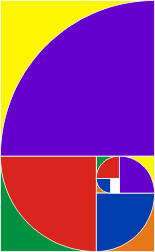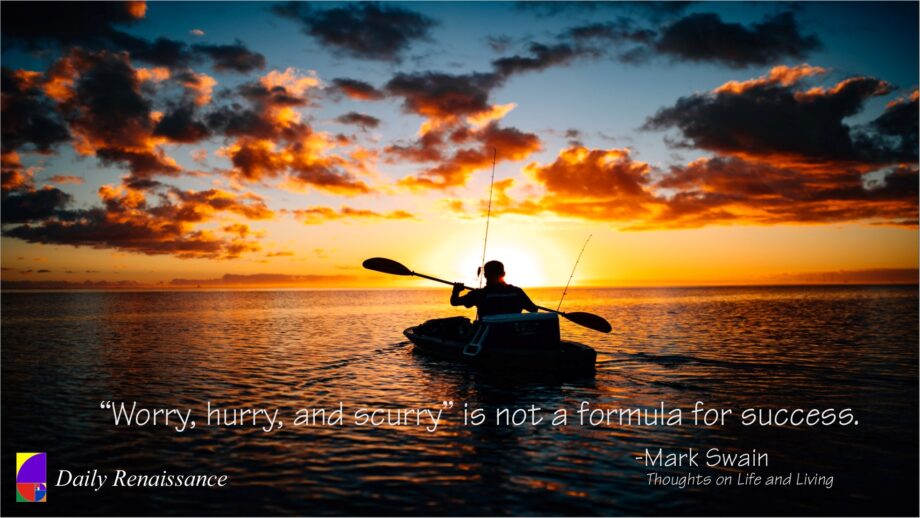Early in my career, I served as a sales manager over a number of states. I can remember being handed my team’s goals for the year—goals my team and I had no input in formulating. My boss at corporate would call me weekly to “motivate” me. If my numbers were up, he’d note that fact. If they were down, he delighted in asking me, “Would you like to have a job next week?” I ignored his childish behavior and didn’t share any of his threats with my team. I simply continued to encourage them to build relationships with clients and potential clients—just as I had always done. Incidentally, my team was very successful in building that business—in spite of management’s “managing.”
You and I live in—and have been deeply conditioned by—a culture that preaches and worships “more”—always more. At work, we are constantly reminded to do more (usually with less resources). At times, this is taken to the extreme and people are tasked with doing the impossible. (I happily walked away from two “great” jobs in my career because of this phenomenon.) This “more with less” philosophy often leads to a condition psychologists call “learned helplessness” (No matter how hard I try, I can’t win, so why even try?). Subsequently, many people in our society burn out and/or check out. Unfortunately, many people have adopted this insane work “ethic” not only for their work lives, but for their personal lives as well. As a life coach, I can tell you that this reality has led to much unhappiness in our world.
When I was a young boy, I asked my dad if I could have a patch of our garden to grow what I wanted. I enjoyed being close to the Earth and watching my garden develop and eventually produce a harvest. I learned very quickly that nature works on its own timetable. You have to exercise “patient persistence” in nurturing and caring for your garden—over months—if you want a bountiful harvest. (Have you ever tried motivating a bean plant with a threat of uprooting it if it didn’t produce more—and faster?)
Years ago, I delivered workshops for FranklinCovey. Stephen Covey once said, “You can be efficient with things, but not with people.” What a profoundly true statement! People are not spreadsheets or nuts and bolts. Imagine walking into your boss’s office with a major relationship issue with a colleague and having your boss say, “What’s up? I’ve got two minutes before my next meeting.” Some may laugh, but for others, this is their reality.
I was once admiring a large landscape painting an artist friend had produced. I asked him, “How long does it take to create a painting like this one?” He estimated, “Weeks of 10-hour days.” Then, he added, “The best answer I can give you is that it takes whatever time it takes. And I always know when it is done.” Isn’t that the way it works for all of us when we are trying to create something special? It’s often hard to give an exact timeframe for excellence!
I suggest we each create a formula for success that works for us—not against us!

